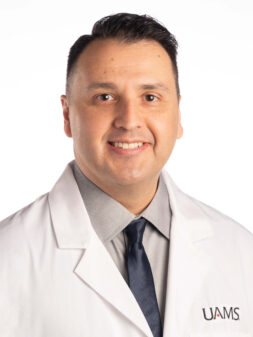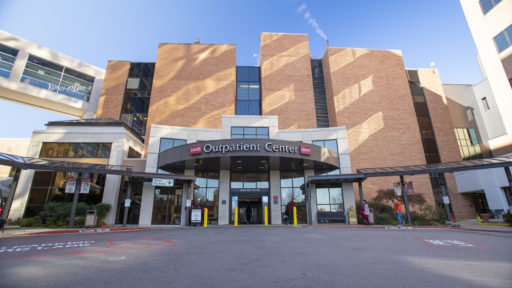In valvular heart disease, one or more valves of the heart do not work the way it should. This could include the heart valve(s) becoming narrowed or leaky.
The heart has four valves associated with the four chambers of the heart. When each of the four chambers of the heart contracts, the associated valve opens to allow blood to go forward. When a heart chamber relaxes to fill up with blood again, the associated valve closes so blood does not flow backward. In adults, valvular heart disease is more likely to occur in the left heart as the left heart generates much higher pressures than the right.
It is possible for either the aortic or mitral valve on the left to become narrowed (stenotic) or leaky (regurgitant). A narrowed valve leads to an increase in pressure, and a leaky valve leads to extra work to make up for the blood that flows backward. These conditions can cause you to:
- Pass out/faint
- Develop chest pain
- Develop heart failure
- Have irregular heart action
- Have a stroke
Treatment for the disease varies depending on individual cases. It may only require you to be closely followed by a doctor or may require surgery to repair or replace a valve. After you see one of our valvular heart specialists, a determination will be made for treatment and whether additional imaging studies are needed.

































